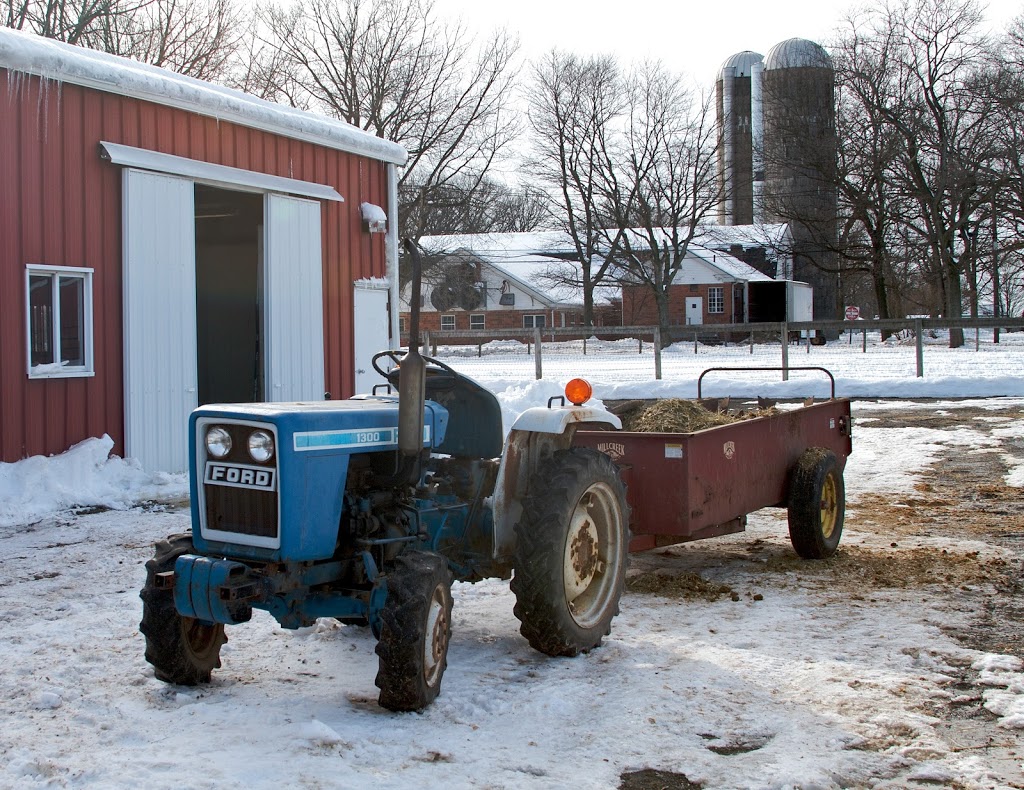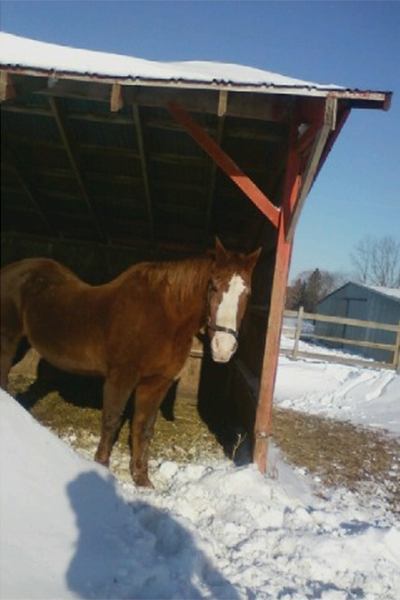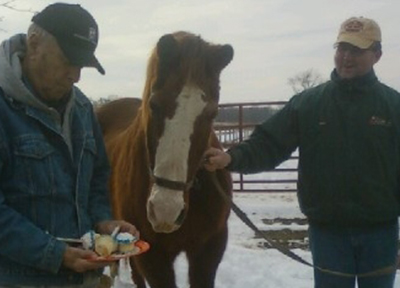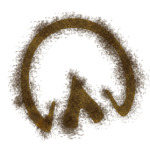It’s nearing my birthday and I’m giddy for the gifts! I can’t wait to see my cake with all 40 glowing candles!
Between the celebrations, chilly weather, and holiday cheer this time of year, it’s always fun to gather round a fire. Now, I’m all in favor of a fireside chat about the old Wild West, but there is more to those flames that you need to know about than just their cozying effects.
The two most common seasons for fires to occur are summer and winter. In winter, it is more likely that appliances, rodents chewing wires, or the accumulation of dust will spark an electrical fire.
Which device do you believe is the primary cause of winter fires in barns?
a. Water heaters
b. Heat lamps
c. Space heaters
d. Refrigerators
If you guessed heat lamps, you are correct! Heat lamps are the primary cause of barn fires. You’ll never guess what is another unexpected culprit in barn fires – it’s hay! Hay is highly flammable AND can even spontaneously combust! Yikes! The center of a stack of hay can reach very hot temperatures; it is wise to check the temperature to stop a fire before it even starts. A stack with a core temperature of 150 degrees F must be monitored closely; if hay reaches 175 degrees call your fire department immediately!
It is better to prevent a fire than try to stop one. Remember, NEVER try to fight a fire on your own; they are too unpredictable and dangerous!
 A few things to watch for in order to keep a toasty barn without it turning to burnt toast are as follows:
A few things to watch for in order to keep a toasty barn without it turning to burnt toast are as follows:
- Keep aisles and walls clean and free of dust, hay, cobwebs or shavings
- All motor vehicles should drive under 15 mph around the farm, and park at least ten feet from all buildings and structures
- Review a fire plan with employees in the case of an emergency in order to be fully prepared in advance
- If you have any questions regarding fire prevention on your farm (or anything else), you are privileged to the vast resources freely offered by the Equine Science Center, Rutgers Cooperative Extension and NJHorseInfo.com
If you find yourself chomping at the bit for a complete outline of fire safety and precautions check out the Equine Science Center fact sheet on Fire Prevention and Safety Measures Around the Farm.
Until next time, have a happy start to the New Year! I know I’ll be making some resolutions to curb my doughnut seeking appetite and add a little extra sun bathing! I want to get some other good ideas on what to work on too; post your New Year horsey resolutions in the comment box below, or tell me some topics you want me to write about!
Your Pal,


